At the conclusion of Back to the Future George's new found self-respect in 1955 cascades down to his family, instilling in them a respect for themselves, their family, their own lives, and for George all the way into 1985.
Before Marty's intervention, George was a punching bag – literally and figuratively – for Biff. And that malevolent dynamic followed him into adulthood, destroying his confidence and self-respect – until Marty gave him the chance and incentive to fight back. But self respect does not have to be beaten out of a man. It can be leached out, bit by bit, (paraphrasing Shakespeare) through a thousand unnatural cuts by the very people who are supposed to love and support him. In short – if you want a good leader, you must be prepared to be a good follower. This doesn't mean if your trailblazer does something wrong or stupid one shouldn't address it. But it must, even then, be done with a sense towards building up, not tearing down. But the media today revels in every opportunity to tear down or trivialize the institution of fatherhood.
If you want to undermine someone or something you can use the simple expediency of laughing at it – or him. Gone are the days of 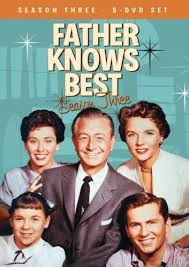
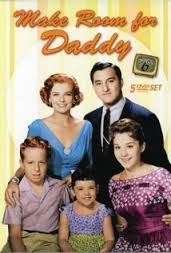
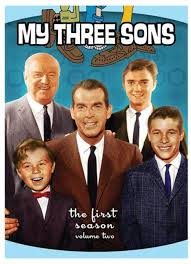
Father Knows Best, Make Room for Daddy, and My Three Sons – all comedies, none took life too seriously and even Dad was occasionally the source of some humor. But it was gentle and respectful, showing that Dad is human and prone to mistakes like the rest of us, but generally demonstrating the importance of Dad in the family. Today the best you might get are shows like Tim Allen's Home Improvement, where Dad is there and involved but pretty much looked at more as one of the kids, but certainly not an especially strong authority figure. And when something goes wrong – who do they blame? Good old Dad. More the kids' pal than their father, he is seen, in today's society, as having all the responsibility but none of the ability to back it up. Kind of like an ill-treated babysitter who is given unruly kids to watch and rules to observe but none of the allowance to discipline which might make establishing some order possible.
Two of the more grotesque and iconic examples of media anti-family propaganda in the guise of entertainment are Married With Children and The Simpsons. Even though the fathers in those shows (Al Bundy in the former and Homer Simpson in the latter) are: married to the mom, faithful, employed, not abusive to their families, not alcoholics or drug addicts, they are shown to be completely idiotic and to fault for the poor upbringing of their children, financial insecurity and lack of social mobility. BUT does it not occur to anyone watching that the woman is not blamed for not stepping up to the plate, for redefining what is arguably a bad family dynamic and socio-economic situation? And, no, I'm not reading too much into these kinds of comedies.
How do you demean, or minimize a person or situation – you laugh at it. When the Dad is regularly the unkind butt of the joke then that diminishes the office of fatherhood. That's not to say that there isn't a LOT of room for humor in any family structure. And a perfectly legitimate sense of fun can be infused into the concept of fatherhood. There have been quite delightful comedies about Dads: the now classic Steve Martin version of
Father of the Bride,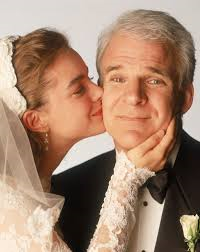 the recent
the recent
Mom's Night Out,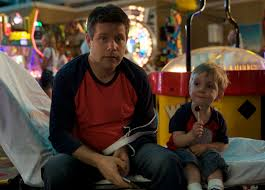 the very charming indie
the very charming indie
Chef, 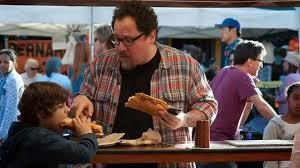 just to name a few, all treat fathers and fatherhood in a comic fashion but do so with a sense of respect and appreciation.
just to name a few, all treat fathers and fatherhood in a comic fashion but do so with a sense of respect and appreciation.
BUT, if a strong leader, good father, trailblazing partner is not your cup of tea — if you WANT to create a weenie George in your life – just laugh at him enough. That’ll do it.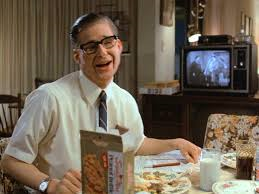
Next Up – The Judge – Duvall and Downey, Jr Exchange Heroically Tough Love
Credits for photos in order: collegehumor.com, amazon.com, imdb.com, imdb.com, collider.com, collider.com, thelastalphamale.com, wikia.com
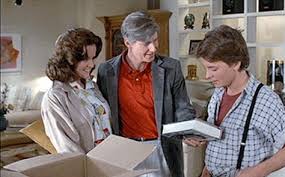
Your style is unique compared to other folks I have read stuff from. Thank you for posting when you’ve got the opportunity, Guess I will just bookmark this page.